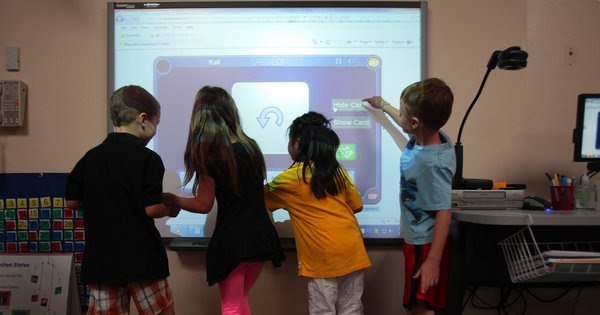Posts Tagged ‘Michael-Posner’
Invest in Brain Health to Drive Innovation and Prosperity
In an increasingly knowledge-based and innovation-driven economy, human brains—not financial capital—are becoming the primary drivers of business success. Engaged, creative citizens and workers mean the difference between success and failure at the organizational and societal levels. Looking at the problem from the perspective of brain health, there are
Read MoreWhat Participants Say about the 2012 SharpBrains Virtual Summit
Once the 2012 SharpBrains Virtual Summit (June 7–14th, 2012) was over, we sent all participants an anonymous online survey asking for feedback; we also requested brief quotes to help convey the value of the Summit. The chart to the left showcases the high levels of satisfaction with the Summit Overall. And below you can read…
Read More11 Hours of Meditation Can Enhance Brain Connectivity, Functioning
IBMT linked with positive structural changes in brain connectivity (News Medical): — “A Texas Tech University scientist studying the Chinese mindfulness meditation known as integrative body-mind training (IBMT) said he and other researchers have confirmed and expanded on changes in structural efficiency of white matter in the brain that can be related to positive behavioral…
Read MoreDr. Michael Posner on Developing Brain Networks and Self-Control
Dr. Posner will provide an update on latest research and applications to develop brain networks and self-control, at the upcoming 2012 SharpBrains Virtual Summit (June 7–14th, 2012). Michael Posner is Professor Emeritus at the University of Oregon and Adjunct Professor at the Weill Medical College in New York (Sackler Institute). He is currently engaged in a…
Read MoreWho Says This is The Classroom of the Future?
The New York Times has recently published several very good and seemingly unrelated articles…let’s try and connect some dots. What if we questioned the very premise behind naming some classrooms the “classrooms of the future” simply because they have been adding technology in literally mindless ways? What if the Education of the Future (sometimes also…
Read MoreDeveloping self-regulation at school
Excellent article in the New York Times on learning, self-regulation and executive fuunctions: The School Issue: Preschool: Can the Right Kinds of Play Teach Self-Control? (New York Times) — “Over the last few years, a new buzz phrase has emerged among scholars and scientists who study early-childhood development, a phrase that sounds more as if it…
Read More




